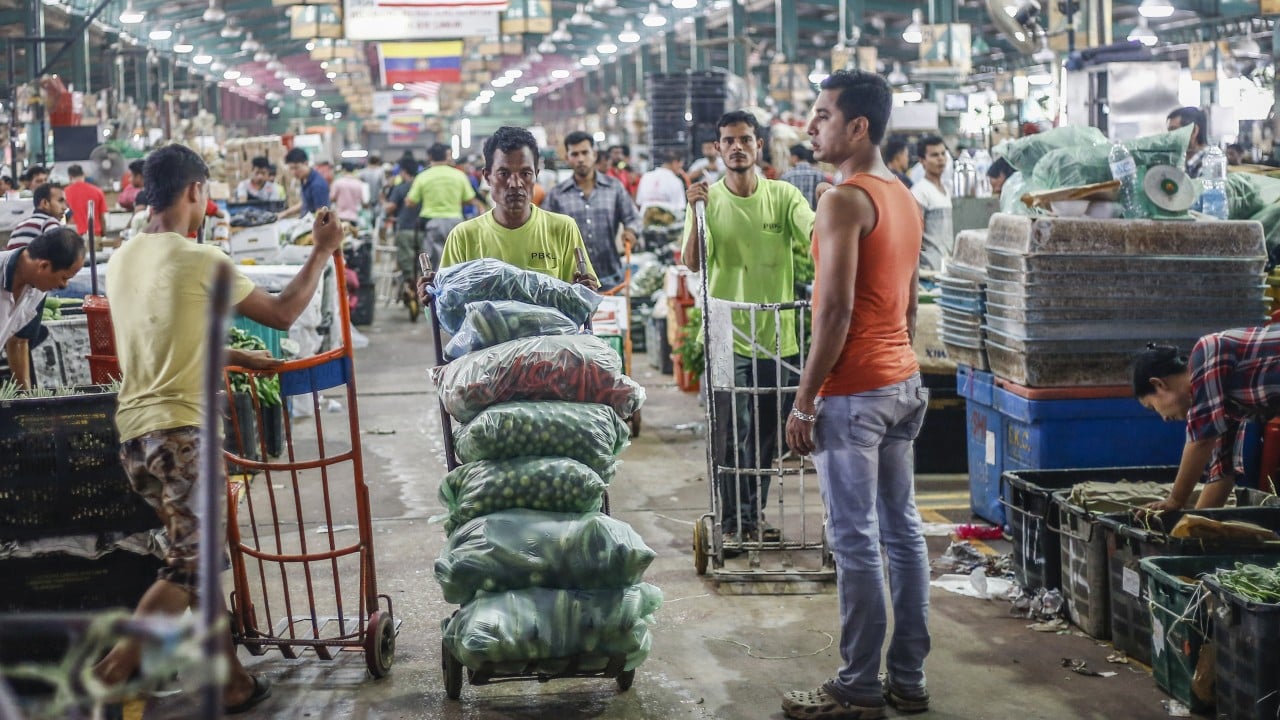Malaysia aims to reduce its dependence on cheap migrant workers by reducing their proportion of the overall workforce from next year, a move that the government believes will raise the wages of citizens and productivity, but employers warn could jack up their costs.
Advertisement
Foreign workers from Bangladesh, Indonesia, and Nepal have helped power Malaysia’s industrialisation since the 1980s.
But critics say their influx has also stirred resentment among Malaysians, fuelled a black market for illegal work and deterred investment in new technologies, with millions of cheap workers constantly vying for manual jobs.
Home Minister Saifuddin Nasution said the cabinet had agreed to slash the proportion of foreign workers from 15 to 10 per cent of the total workforce from 2026, in line with the commitment made in Malaysia’s recently updated five-year economic plan.
“This committee will finalise the new foreign worker sector ceiling in accordance with the policy set by the ministry of economy, which is 10 per cent in the first or second quarter of next year,” Saifuddin said on Tuesday.
Advertisement
The current ceiling of 15 per cent translates to nearly 2.5 million migrant workers, who are mostly employed in the manufacturing, construction, restaurant and agriculture sectors.

